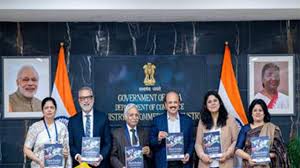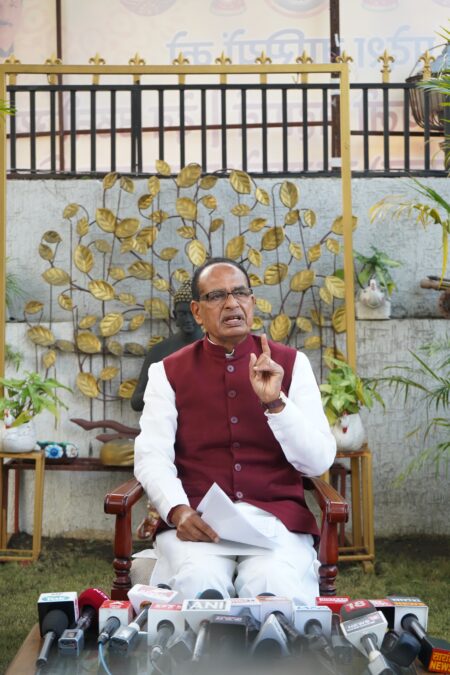CBIC’s new amendments enhance MSME competitiveness in e-commerce exports, aiming to boost India’s export sector to $400B by 2030.

The Central Board of Indirect Taxes and Customs (CBIC) has introduced pivotal amendments to support and enhance the competitiveness of India’s e-commerce sector. Starting September 12, 2024, exporters can now claim key benefits such as duty Drawback, RoDTEP (Remission of Duties and Taxes on Export Products), and RoSCTL (Rebate of State and Central Taxes and Levies) for shipments made through courier mode. This strategic move is set to create a more level playing field for MSME exporters and significantly boost India’s position in the global e-commerce market.
Key Highlights of the Amendments:
- Expanded export benefits:
The amendments to the Courier Imports and Exports (Electronic Declaration and Processing) Regulations, 2010 will enable exporters using courier services to benefit from Duty Drawback, RoDTEP, and RoSCTL schemes. This change addresses previous limitations of the Express Cargo Clearance System (ECCS), which was unable to process these payments effectively. - Transition to ICES:
To streamline the processing of these benefits, the CBIC has shifted to using the Indian Customs EDI System (ICES) at International Courier Terminals (ICTs). ICES, with its advanced features like scroll generation and integration with the Public Financial Management System (PFMS), will handle customs clearance and benefit processing for courier shipments. - Impact on MSMEs and E-Commerce:
This initiative is expected to provide a significant boost to the courier export sector, which has seen considerable growth. The e-commerce segment alone contributed Rs 3,510 crore of the total Rs 7,995 crore in courier exports for FY 2022–23. The CBIC’s move aligns with the government’s broader goal of increasing India’s e-commerce exports to an estimated $400 billion by 2030. - Supportive Infrastructure:
India’s export infrastructure is being strengthened with 14 International Courier Terminals (ICTs) notified under the Customs Act, 1962. Live trials at ICTs will be conducted to address any operational challenges and ensure smooth implementation of the new processes. - Government Initiatives:
The government’s commitment to promoting e-commerce exports is reflected in various policy measures, including the Foreign Trade Policy 2023, which introduces a framework for cross-border e-commerce trade. Additionally, the “Hub and Spoke” model, launched in December 2022, leverages the extensive postal network to facilitate seamless export processes, particularly benefiting MSMEs and small exporters.
These amendments are part of a broader strategy to revolutionise India’s e-commerce export ecosystem. By enhancing the accessibility of export benefits and streamlining processes, the CBIC aims to foster inclusive growth and strengthen India’s position in the global market. The new policies will likely encourage more MSMEs to engage in international trade, contributing to India’s growing prominence in the global e-commerce sector.











